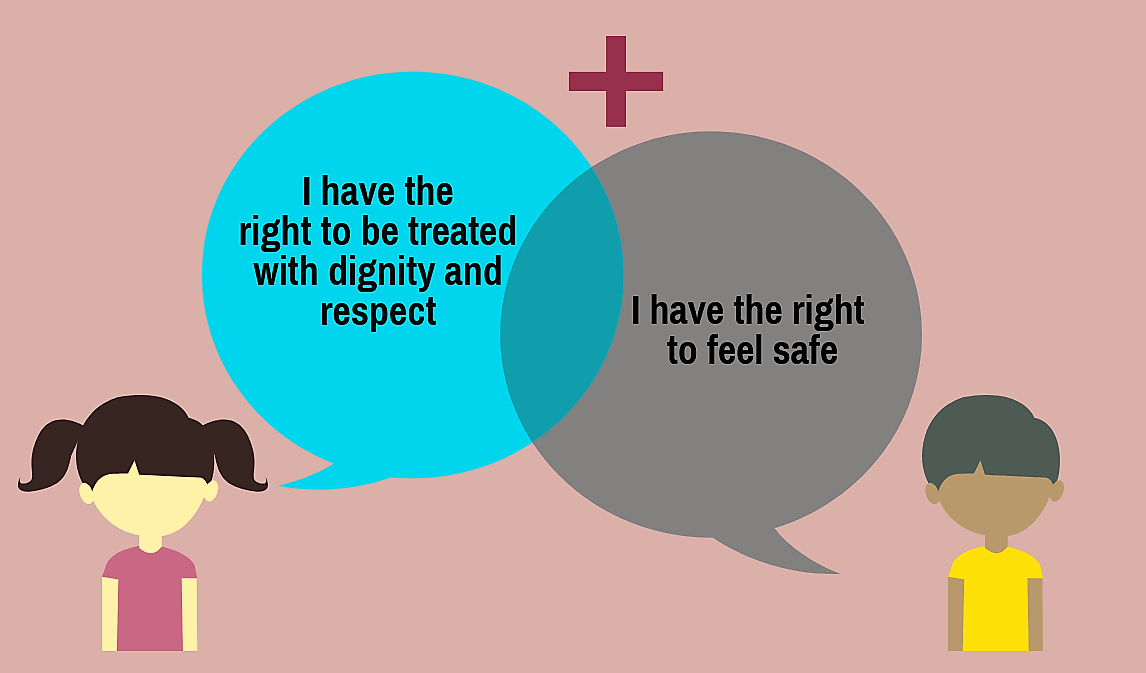What is safeguarding?
Safeguarding is the action that an organisation takes to promote the welfare of children and vulnerable adults to protect them from harm including physical, emotional, sexual and financial harm and neglect. This includes making sure that the appropriate policies, practices and procedures are put in place. Safeguarding includes child protection but goes further and extends to all vulnerable beneficiaries.
Charities working with children and vulnerable or protected adults, referred to in this guidance as vulnerable beneficiaries, must do all they can to keep these beneficiaries safe and protected from harm.
Charity trustees must always act in the interests of the charity and where a charity has vulnerable beneficiaries this duty includes making sure that the appropriate safeguarding measures are put in place to prevent and protect them from harm. The risk of harm may never entirely disappear, but the better the safeguards adopted the better able charities are to mitigate those risks.
Ways to protect vulnerable beneficiaries include:
- having in place policies and procedures that will help make sure that children and vulnerable adults are protected from harm
- making sure those policies and procedures are implemented and understood by everyone in the charity
- having clear lines of responsibility and accountability within the charity to deal with any safeguarding issues
- making sure that staff and volunteers are trained to identify potential harm, know what action to take and are clear about how, when and who to report to.
Charities may be set up to help vulnerable groups either in Scotland, elsewhere in the UK or overseas. These individuals may be vulnerable to abuse due to their life circumstances or because of their age, health, physical or mental abilities. Individuals who rely on others to help them with personal and intimate care can be particularly vulnerable.
Why does it matter?
Individuals have the right to live in safety, with dignity, free from abuse and neglect. Safeguarding comes from rights-based approach to protecting individuals and this is at the heart of what many charities do.
Charities are trusted to help some of the most vulnerable people in society who require the most protection. When working with vulnerable beneficiaries charities should be able to demonstrate that they can keep them safe.

It is in the interests of the charity to promote a safe environment and culture for all. If charities fail to report and follow up on safeguarding concerns it undermines public trust and sends a message that such behaviours are tolerated. Where a charity works with vulnerable beneficiaries it is important that charity trustees develop an organisational culture that has safeguarding at its core. Public trust and confidence in your charity and the reputation of the wider sector can be harmed if safeguarding concerns are not responded to appropriately. A charity’s reputation is one of its most valuable assets and the public have the right to expect the highest standards of governance and have confidence in any charity that they come into contact with.
